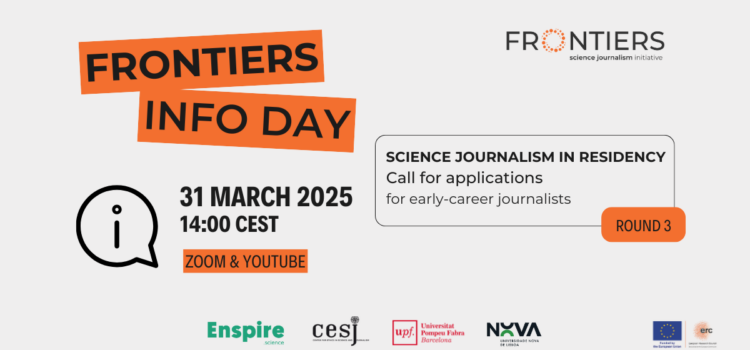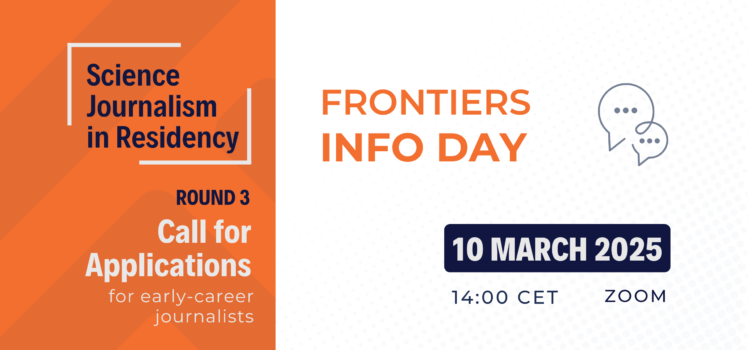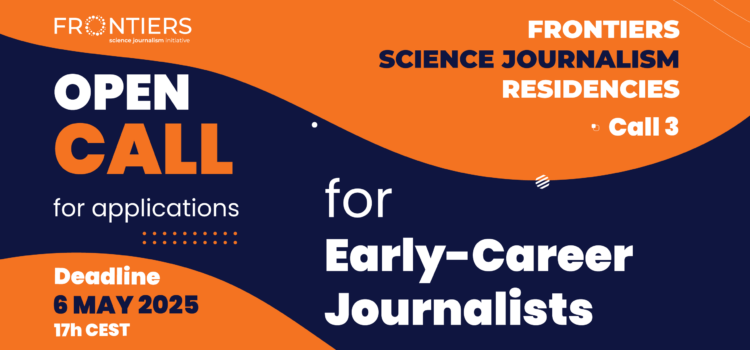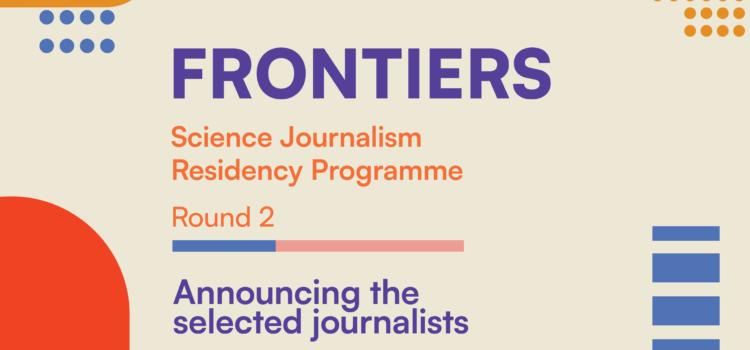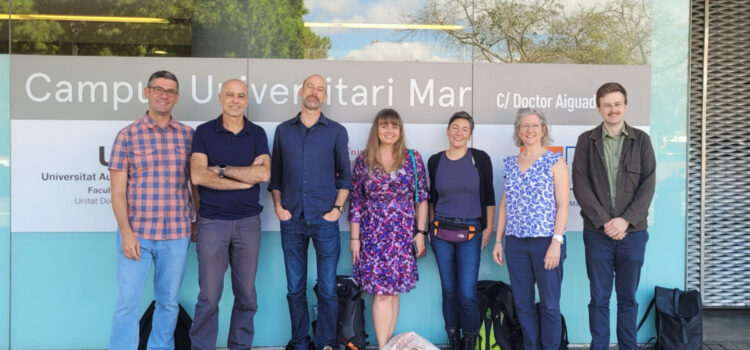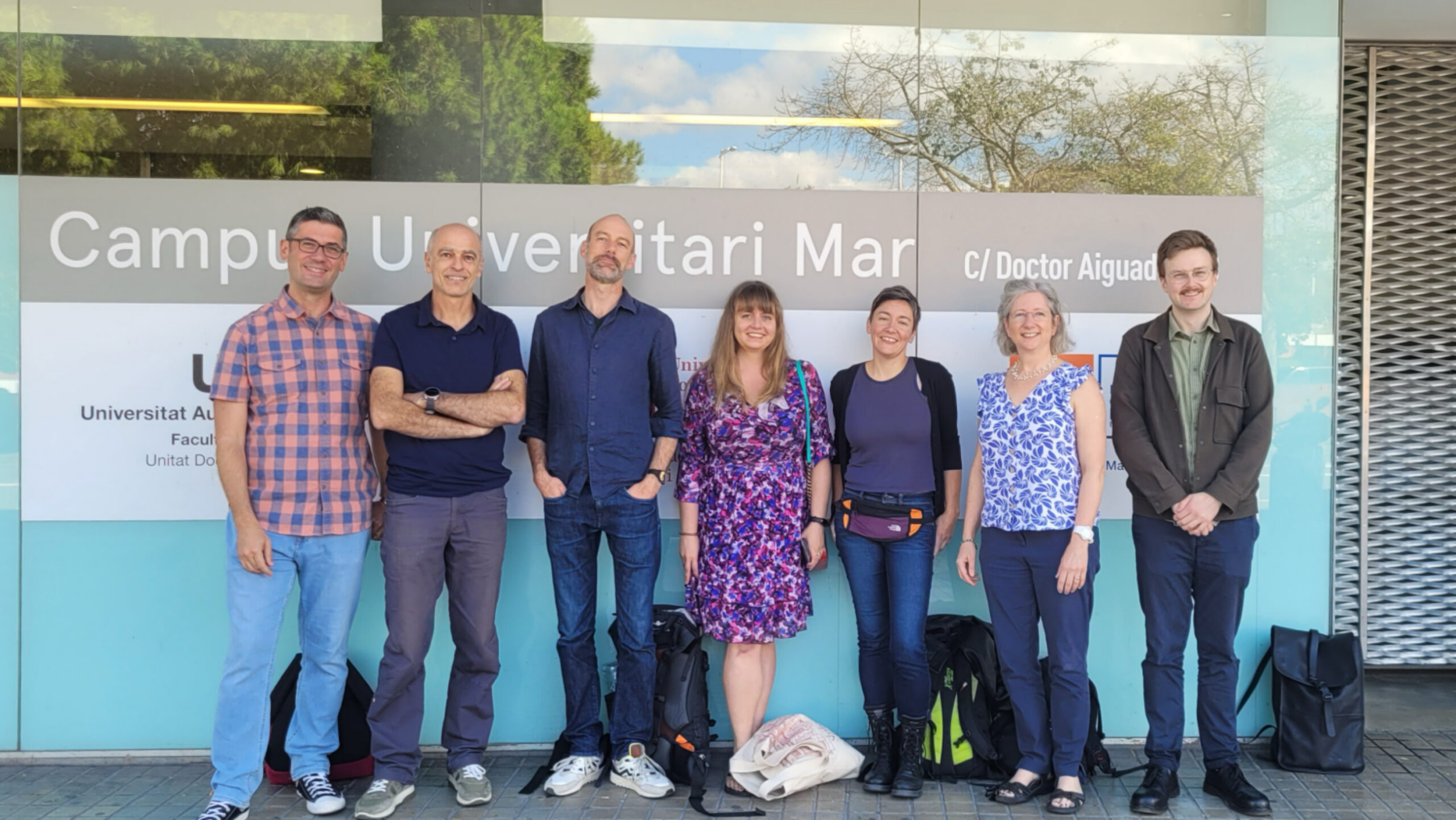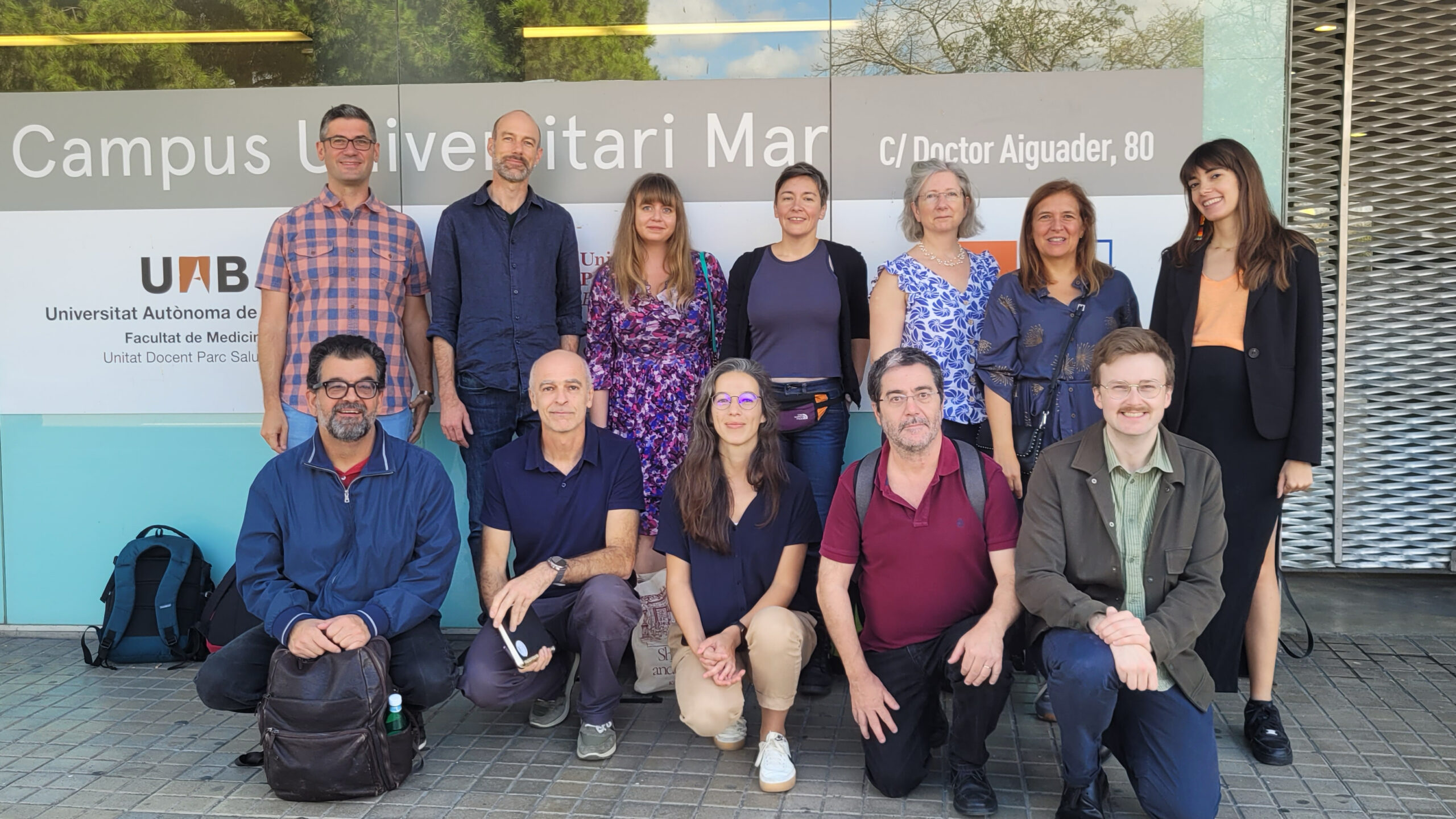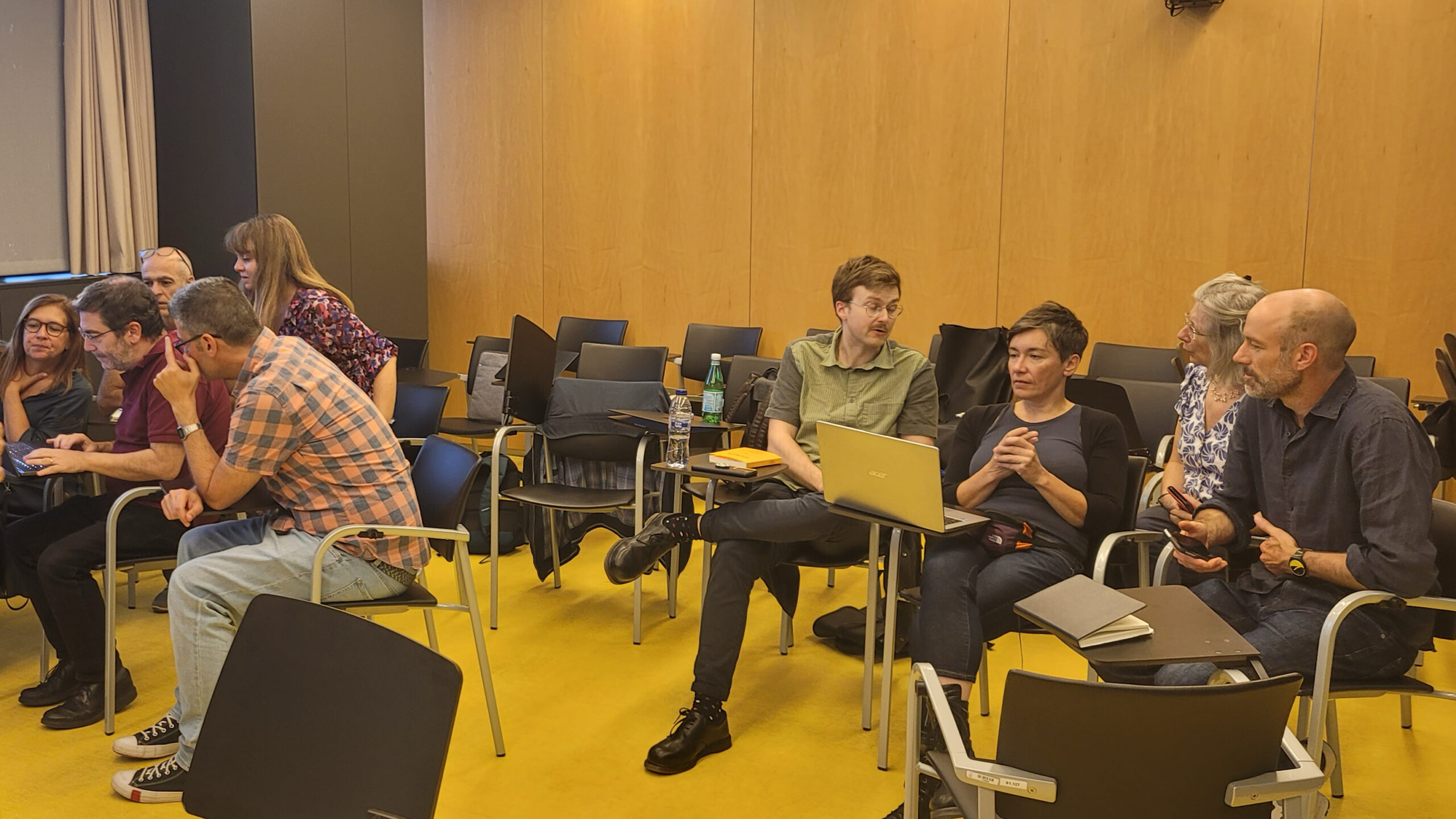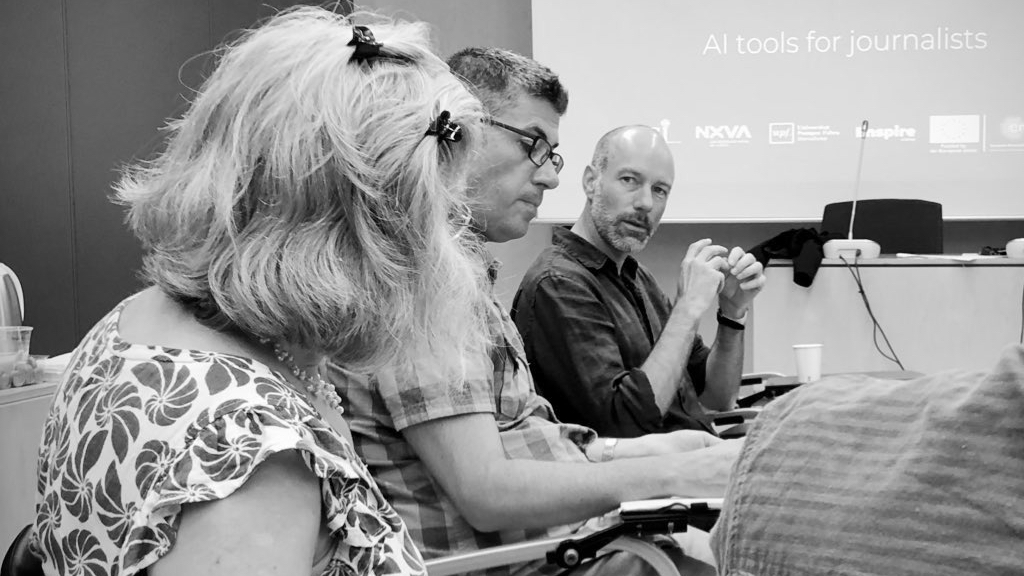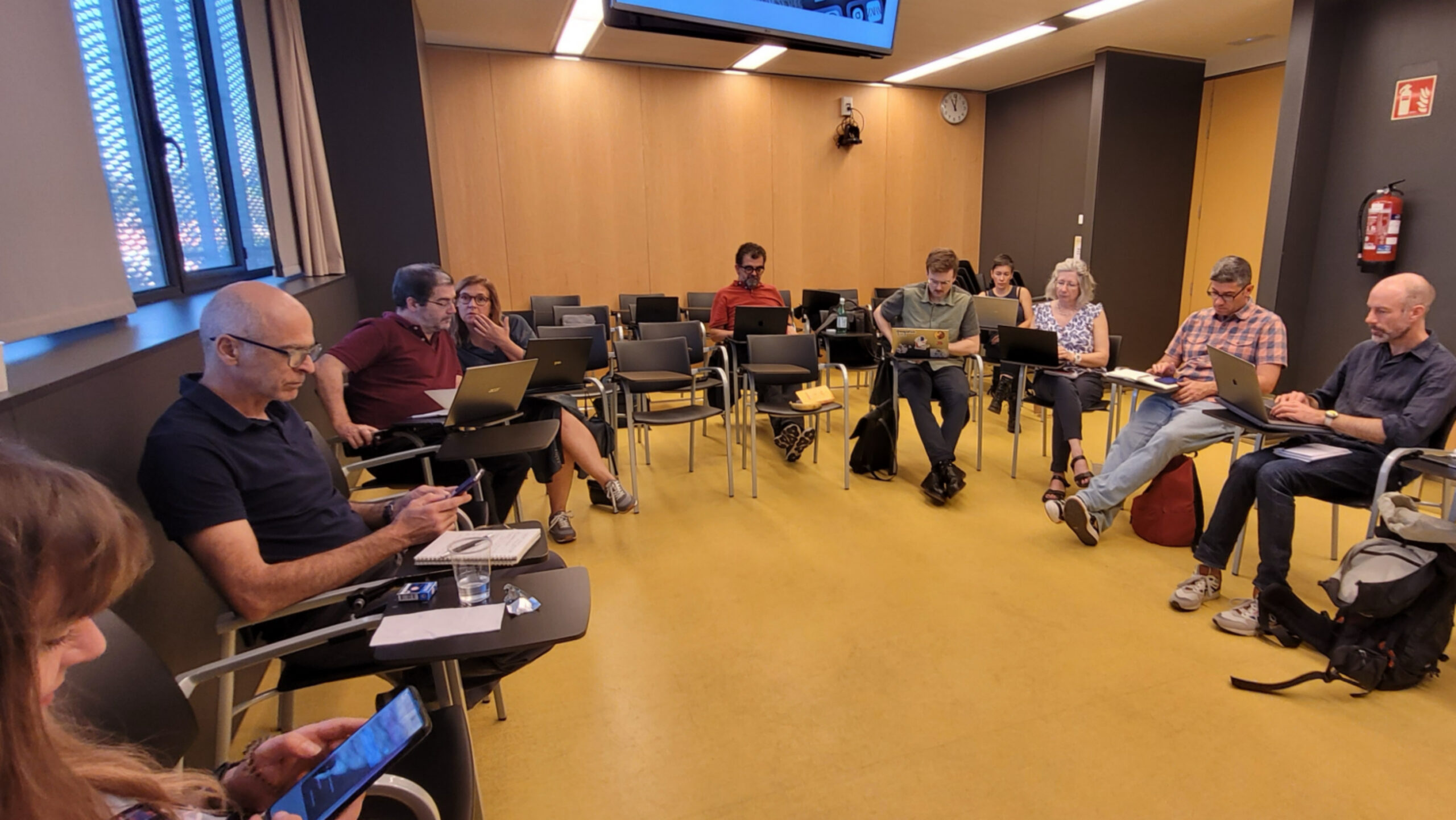The FRONTIERS Science Journalism Residency Programme has selected eight early-career journalists for its third round of residencies. Chosen from among 31 applicants, the new FRONTIERS fellows will delve into frontier research topics, from reproductive health, microbial life and the ocean carbon cycle to neuroscience, digital sovereignty and the physics of complexity.
For three to five months, the selected journalists will work alongside research teams across Europe, supported by a monthly grant of up to €4,000. The third cohort of FRONTIERS brings together journalists from Colombia, Denmark, India, Ireland, the Netherlands, Slovenia, and the United States.
Since 2023, FRONTIERS has run two rounds, bringing together 16 journalists who completed residencies at research institutions in Austria, Croatia, Denmark, Finland, Germany, Italy, the Netherlands, Norway, Spain, and the United Kingdom.
Round 3 FRONTIERS Fellows:
🇳🇱 Marit Bonne – hosted by Carlos Simon Foundation for Research in Women’s Health (Spain)
Project: The untold story of the uterus: what we are just beginning to understand
🇺🇸 Elise Cutts – hosted by Complexity Science Hub (Austria)
Project: The physics of complexity: Inside the search for new fundamental laws in complex systems science
🇨🇴 Juan David Escorcia – hosted by University of Bremen (Germany)
Project: Unravelling the ocean carbon cycle
🇮🇪 Rebecca Graham – hosted by RCSI University of Medicine and Health Sciences, Trinity College Dublin (Ireland)
Project: Digital psychiatry: How frontier neuroscience is reshaping our understanding of psychosis
🇮🇳 Siddhant Pusdekar – hosted by Interdisciplinary Centre of Marine and Environmental Research – CIIMAR (Portugal)
Project: Microbes at the ends of a rapidly changing world
🇸🇮 Nika Žibrat – hosted by Erasmus MC University Medical Center Rotterdam (Netherlands)
Project: Beyond Bias: Challenging Assumptions in Medicine
🇺🇸 Wendy Wei – hosted by Peace Research Institute Oslo (Norway)
Project: Contested Digital Sovereignty: States, Corporations and Cross-Border Migration Control
🇩🇰 Nanna Kiil Johansen – hosted by the Norwegian Research Centre and the Bjerknes Centre for Climate Research (Norway)
Project: Tracing the Arctic’s Past to Forecast Our Future
Note: Updated on January 12, 2026, to include Nanna Kiil Johansen among the selected fellows of the third FRONTIERS residency round.



